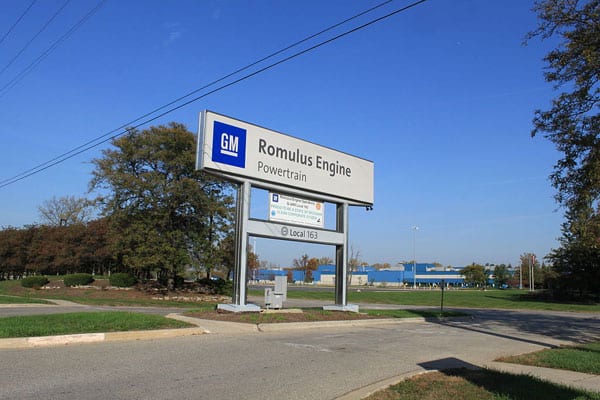
November 26, 2018; The Star (Toronto, ON)
As General Motors (GM) progresses along its declared but not irreversible path of eliminating five plants across North America, affecting up to 14,000 employees of its global workforce of 180,000 and up to 15 percent of its higher-paid “white collar” workers, the United Ways in those areas are bracing for what may be a relatively big hit to their revenue bases.
The announcement may be less than surprising to the United Way Durham Region near the venerable auto manufacturing town of Oshawa, Ontario, located to the northeast of Toronto, which had already reorganized its campaign to survive a massive downturn in employee and corporate donations from the plant. These GM-related donations accounted for 58 percent of the United Way’s approximately CAN$3.5 million annual campaign ten years ago, according to Robert Howard, the local United Way’s vice president of external relations, but “last year, they were in the vicinity of about CAN$600,000.”
Sign up for our free newsletters
Subscribe to NPQ's newsletters to have our top stories delivered directly to your inbox.
By signing up, you agree to our privacy policy and terms of use, and to receive messages from NPQ and our partners.
Workplace campaigns at a handful of feeder plants that provide various services to the automaker are also expected to suffer. In Lordstown, Ohio, located halfway between Pittsburgh and Cleveland, where 1,500 workers will lose their jobs, the losses may be modest. “For this United Way campaign, it will be about a $100,000 loss. Because of the shrinkage of losing the second and third shifts the employee contributions were down to about $50,000 a year. So, with the match from corporate, that’s another $50,000. That’s still a lot of money and is a big blow to our United Way,” said United Way of Youngstown and the Mahoning Valley’s president Bob Hannon.
In fact, as we all understand, the real damage will be done through the elimination of jobs and the weakening of local economies. In the Detroit metro area, where GM negotiated eminent domain in the 1980s over a swath of the Hamtramck community to establish that plant, the sting may be particularly acute.—Ruth McCambridge













